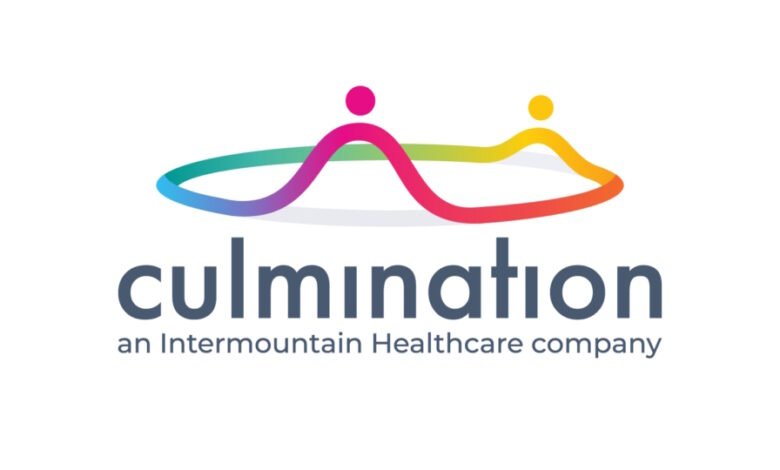MSD, Amgen back patient data specialist Culmination Bio

The venture capital arms of MSD and Amgen have provided $10 million in funding to Culmination Bio, a Utah start-up that aims to build the largest disease-agnostic patient data resource for R&D purposes.
Culmination Bio is collating more than 40 years of biospecimen data that is paired with electronic health records (EHRs) and, according to the company, makes recruitment for pharmaceutical research “almost instantaneous”.
The funding is being provided by Merck Global Health Innovation Fund (Merck GHI), run by MSD (known as Merck & Co in North America) and Amgen Ventures, and will be used to expand the data resource and commercial growth.
Culmination Bio started operations earlier this year as a spin-off from Intermountain Health, a non-profit health system based in Salt Lake City that serves patients and communities in Utah, Idaho, Nevada, Colorado, Montana, Wyoming, and Kansas.
Its anonymised, cloud-based platform provides access to omics-level data and access to a growing physical library of samples provided by five million-plus patients that can be harnessed for diagnostic and therapeutic development and other forms of medical research, according to the company.
It says the resource tackles a key issue for the biopharma sector, namely access to longitudinal biological and clinical patient data, which can take life sciences and biotech companies months to collect and process. Along with rapid access to retrospective patient data, it can also provide faster access to thousands of prospective patients for studies.
“With support from our investors, Culmination Bio is raising the bar for healthcare innovation,” said Lincoln Nadauld, president and chief executive of Culmination Bio.
“On top of our existing longitudinal patient data, we are adding over 300,000 biospecimens to our data lake each year,” he added. “Because of this, we have the ability to quickly identify unique patient cohorts from our vast data lake that can speed up critical research, leading to novel discoveries.”
While there is a growing number of large-scale omics resources being made available to researchers, the integration of longitudinal data on symptoms, co-morbidities, and other treatments – as well as physical samples – is less common. Another example of a resource that draws on longitudinal data is the UK Biobank, which released its full dataset earlier this week.
Merck GHI managing director David Runib said Culmination Bio’s platform “provides collaborators with access to uniquely rich de-identified clinical datasets,” while Amgen Ventures’ head of R&D, David Reese, said it will “help to accelerate the journey from bench to bedside.”
Source link
#MSD #Amgen #patient #data #specialist #Culmination #Bio